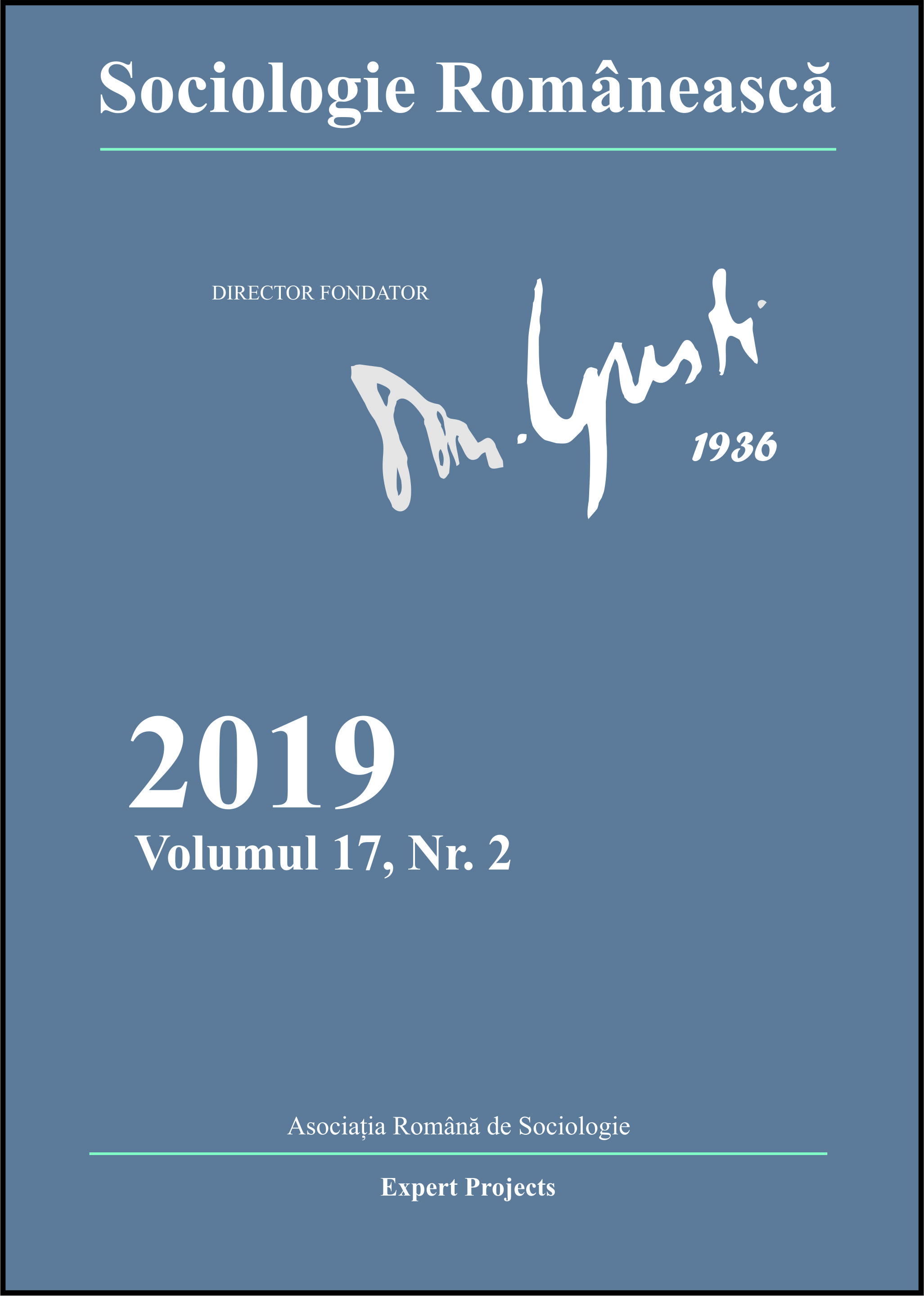Politici publice adresate minorității rome în perioada postsocialistă: între europenizare și deresponsabilizare
Public policies for Roma during postsocialism: between Europeanization and devolution of responsibilities
Author(s): Ionuţ-Marian AnghelSubject(s): Social Sciences, Ethnic Minorities Studies
Published by: Editura Eikon
Keywords: public policies; ethnic and minority rights; Roma; governance;
Summary/Abstract: In this study I will focus on the main institutional developments and public and social policies that were developed during postsocialism in the fi eld of (ethnic) minority protection and the improvement of the socio-economic well-being of Roma in Romania. In the fi rst decade of postsocialism, eff orts were rather headed towards cultural and political rights, and the interventions came from non-governmental organizations. After 2001, the fi rst coherent public policy to address the Roma was developed for a period of 10 years (revised in 2006) and aimed to reduce the gaps between Roma and non-Roma in four areas: education, health, housing and employment. The Roma strategy pinpointed the institutional responsibilities at central and local level for its implementation and created positions within the prefectures, ministries and mayoralties, responsible for monitoring the implementation of the strategy. In the last part of the chapter I will discuss the development of policies and initiatives for Roma at European level, starting with the 1990s, when the European institutions had no instruments aimed at the protection of minorities and until present days when an European Union Framework for National Roma Integration Strategies was developed
Journal: Sociologie Românească
- Issue Year: 17/2019
- Issue No: 2
- Page Range: 92-117
- Page Count: 26
- Language: Romanian

